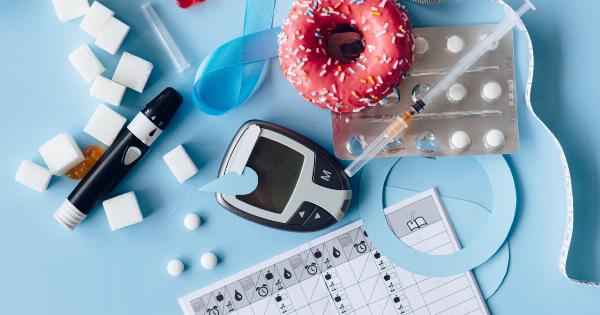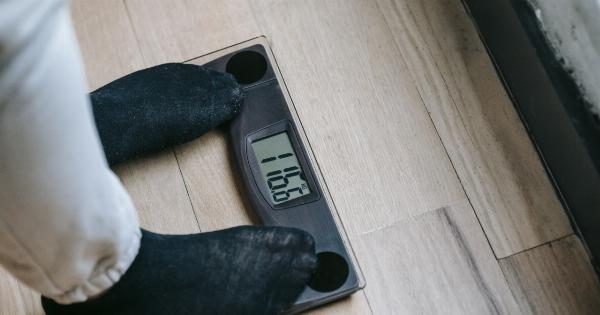For decades, the standard protocol for cholesterol testing has been to require a long period of fasting before testing.
However, recent research and advancements in technology have led to the development of a revised European protocol for cholesterol testing without long-term fasting.
The Standard Protocol for Cholesterol Testing
Traditionally, the standard protocol for cholesterol testing has been to require patients to fast for at least 12 hours before the blood test.
This protocol has been used for decades, with the idea that it provides a more accurate indication of a patient’s cholesterol levels. However, this protocol has several drawbacks.
The Drawbacks of the Standard Protocol
The first drawback of the standard protocol for cholesterol testing is the inconvenience it poses to patients, who are required to fast for extended periods of time, which can cause discomfort, especially for those with underlying health conditions.
The second drawback is that long-term fasting can affect the accuracy of the test results. Fasting has been shown to affect a patient’s lipid profile, leading to false positives and negatives in cholesterol tests.
Additionally, long-term fasting can cause dehydration, which can also distort test results.
The Revised European Protocol
The revised European protocol for cholesterol testing without long-term fasting was introduced in 2016.
This protocol recommends that patients do not need to fast for cholesterol testing, as it has been shown to produce accurate results regardless of patient fasting status.
The new protocol uses more advanced technology, specifically the use of direct measurement of low-density lipoprotein cholesterol (LDL-C) and non-HDL-C, which are more accurate than the traditional lipid profile tests that were used in the past.
Furthermore, the revised protocol allows for easier access to testing, and reduces the burden on patients who would otherwise have to fast.
The Benefits of the Revised Protocol
The benefits of the revised European protocol for cholesterol testing without long-term fasting are significant. Firstly, it is much more convenient for patients, who no longer have to fast before the test.
This makes it easier for patients to comply with the protocol and receive accurate results, which can lead to more informed decisions about their health.
Additionally, the revised protocol provides more accurate test results, which can lead to earlier diagnosis and treatment of cholesterol-related conditions.
Early detection can prevent the development of serious health conditions and reduce the overall impact of cholesterol-related diseases on health systems.
Conclusion
The revised European protocol for cholesterol testing without long-term fasting is a significant development in the field of cholesterol testing.
It provides more accurate test results, reduces the burden on patients, and leads to earlier detection and treatment of cholesterol-related conditions. This revised protocol is likely to become the standard for cholesterol testing in Europe and may be adopted in other countries around the world.





























